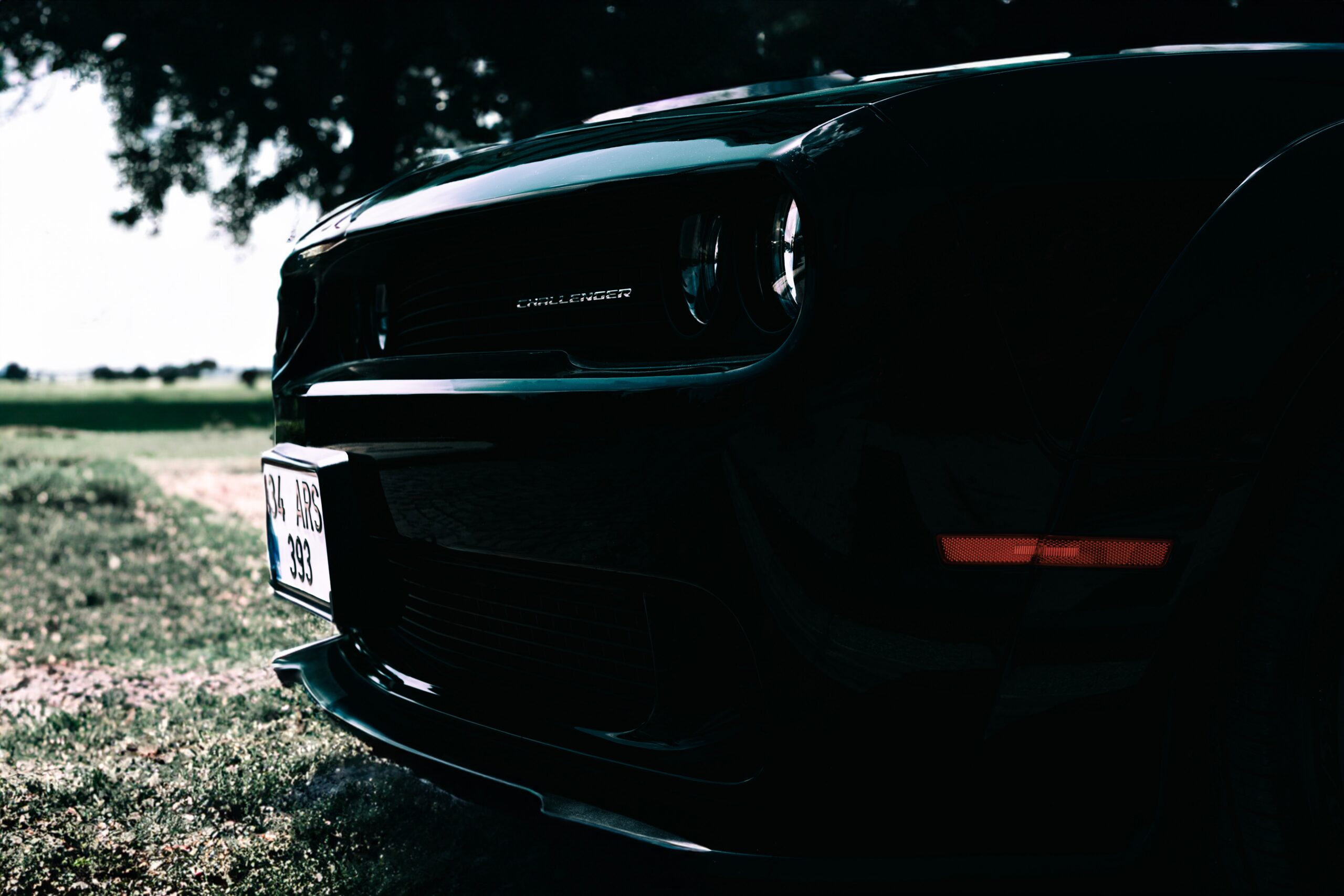Dodge Charger and Challenger Sunset Overview
Stellantis confirmed that 2023 marked the final production year for the Dodge Charger and Dodge Challenger. Both nameplates step aside for the upcoming electric Charger Daytona while the company reallocates manufacturing capacity. This guide explains the timeline, the limited Last Call editions, and the practical decisions owners should make as the gasoline era closes.
- Key dates: Final build slots closed in late 2023, with dealer deliveries stretching into early 2024.
- Last Call lineup: Seven commemorative trims cap the HEMI era, including Black Ghost, King Daytona, and Demon 170.
- Action items: Verify allocation status with dealers, lock financing, and document provenance for future valuation.
Production Timeline and Milestones
| Year | Event | Owner Takeaway |
|---|---|---|
| 2005 | Charger returns on the LX platform with 5.7L HEMI. | Launch of the modern four door muscle car era. |
| 2008 | Challenger revival and SRT8 release. | Two door format and limited run colors resume. |
| 2015 | Hellcat and Scat Pack trims multiply. | Supercharged 6.2L models begin commanding premiums. |
| 2022 | Dodge reveals Last Call strategy plus Charger Daytona EV concept. | Signals end of internal combustion production. |
| 2023 | Ordering for final units closes; Final Call festival in Las Vegas. | Customers need a signed buyer order or dealer allocation to secure cars. |
Why Production Ends
| Factor | Details | Impact on Charger and Challenger |
|---|---|---|
| Emissions and CAFE rules | Corporate average fuel economy penalties increase yearly. | Wide body Hellcat models incur heavy fines that shrink margins. |
| EV platform investment | STLA Large architecture requires capital and plant retooling. | Legacy LX platform loses funding in favor of electric drivetrains. |
| Market mix shift | North American demand favors SUVs and trucks. | Two door and sedan volumes fall below profitable thresholds. |
| Competitive landscape | Ford and GM pivot to hybrid and EV muscle programs. | Dodge must reinvent the lineup to stay relevant. |
Securing a Final Allocation
- Contact multiple dealers: Ask for written confirmation of allocation status and the specific vehicle identification number when available.
- Monitor build tracking: Use the Dodge Last Call tracker or direct dealer updates to verify VIN sequencing and shipping dates.
- Arrange financing early: Rates locked before delivery protect you from delays and possible markup battles.
- Document the vehicle on arrival: Photograph window stickers, Monroney labels, and odometer during dealer prep for provenance.
- Schedule break in maintenance: Change engine oil within the first 500 miles and retain receipts for warranty protection.
Owning a Retiring Muscle Car
- Parts availability: Stellantis will continue stocking critical components for at least 10 years; monitor recall campaigns for supercharged models.
- Software updates: Keep PCM and BCM firmware current to maintain drivability and emission compliance.
- Insurance: Notify your carrier if the car qualifies for collector or agreed value coverage to protect against depreciation.
- Storage: Use a smart battery maintainer and climate controlled space to preserve paint and interior materials.
- Resale strategy: Maintain a binder with service invoices, build sheet, and photos from delivery to support future valuation.
Frequently Asked Questions
Will Dodge build another gasoline Charger or Challenger?
No. Stellantis outlined a full transition to electrified muscle cars. Future Chargers will launch on the STLA Large platform with electric drivetrains and artificial exhaust acoustics.
How do I verify that my car is a Last Call edition?
Check the fender plaque for the commemorative build number, review the unique paint codes listed in the build sheet, and compare the VIN against the factory roster published on DodgeGarage.
Will aftermarket performance parts remain available?
Yes. Major suppliers such as Mopar, Holley, and Magnuson announced continued support. Expect catalog reductions over time, so purchase high demand components early.
Related Dodge Guides
Planning to keep your Last Call car on the road? Review the Dodge check engine diagnostic guide and bookmark the transmission troubleshooting playbook for common fault codes and service intervals.
